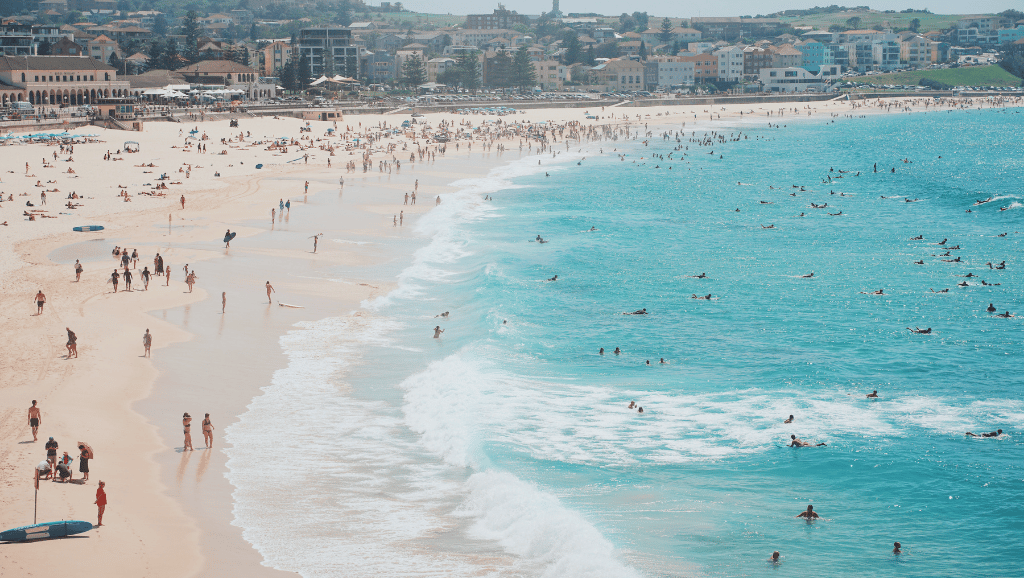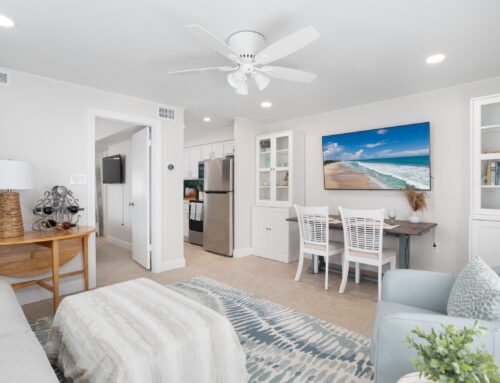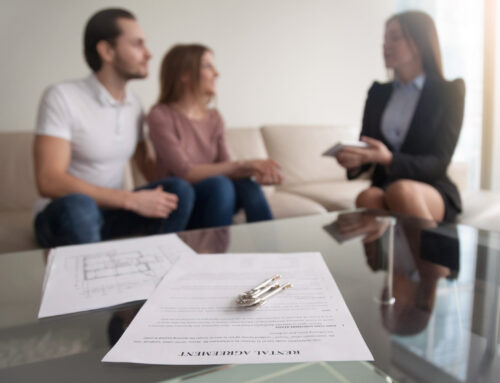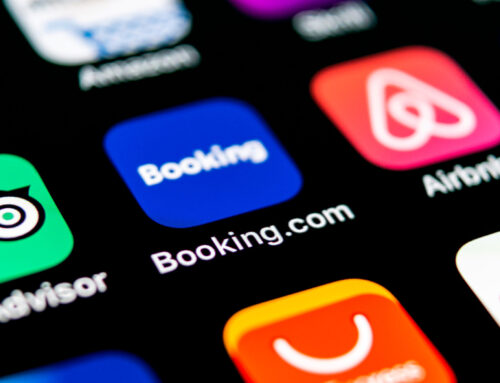
A regulation in NSW places a 180-day cap for non-hosted short-term rental accommodations (STRA). This law will impact any short-term rental accommodation including property owners with properties on platforms such as Airbnb, Booking.com, Expedia to name a few. With the low season coming up, owners have a chance to limit the adverse effects for the remainder of 2022 and beyond.
What are the STRA rules?
The new STRA rule came into effect on 1 November 2021. Under this regulation, any short-term rental must be registered and comply with the new Fire Safety Standard. According to the government, ‘short-term rental accommodation means a dwelling used by the host to provide accommodation on a commercial basis for a temporary or short-term period’.
The rule segments STRAs into hosted or non-hosted categories. The distinction is quite important.
- For hosted STRAs (the host shares the residence with their guests), the owner can rent out the dwelling 365 days per year with restrictions.
- For non-hosted STRAs (the host does not share the residence with their guests), the 180 days per year limit applies.
All STRAs should comply with the new Fire Safety Standard regardless of their category. Also, all rentals need to register, and the registration is integrated with qualifying listings on key booking platforms such as Airbnb and Booking.com.
There are some notable exceptions to these rules — here are the most important ones:
- The rule for non-hosted STRAs applies to the Greater Sydney area and certain regional local government areas (LGAs). Non-hosted STRAs in all other locations are not subject to the 180-day restriction.
- A non-hosted STRA will be exempted from the day limit when booked for 21 or more consecutive days by the same guest.
The latter of these exemptions is essential to understand. Such longer-term rentals can ensure your property remains occupied and generates revenue year-round.
How to register
The first step is to ensure you are compliant with the new rules by registering your STRA on the portal.
- Visit the planning portal.
- Create an account and then log in and fill out the registration form.
- Pay a non-refundable registration fee ($65) and submit the registration form.
- You will receive a registration number.
See our article on making your holiday rental compliant.
You will need to add this registration number to your listings on major STRA booking platforms because the government will check to ensure compliance. For Airbnb, you use these steps:
- Navigate to Policies and rules > Laws and regulations > Regulations.
- Enter the registration number and save the page.
What can you do with your non-hosted STRA?
The new STRA rules add a new layer of complexity for Airbnb hosts. Owners with short-term listings are still dealing with the effects of travel restrictions due to COVID-19.
On the other hand, some trends may help STRA owners. Some customers opt for longer-term stays (so-called ‘staycations’) to combine the rising remote work culture with the need to travel and experience a change of scenery. This trend can help STRA owners overcome the income loss related to the new 180-day cap.
Convert to a long-term rental for 6 months
As we mentioned before, the 180-day cap does not apply if the STRA is booked for 21 or more consecutive days by the same guest.
You can find these longer-term guests by converting your property into a long-term rental. For example, on Airbnb, you can rent your property for 90 days or more by listing it as a long-term rental. To do this, you would navigate to your listing and then Listing Details > Pricing and Availability > Trip Length > Minimum/Maximum Stay, where you set the minimum length of stay to 90 days.
If you rent out your STRA as a long-term rental for six months, you can then revert to a short-term rental during the high season. This strategy would allow you to get an entire year’s worth of income while still abiding by the new STRA rules.
There are also some other options for your short-term rental property.
Utilise the property yourself
Another option is to live on the property yourself. If you wish to continue earning income, you can rent out rooms within your property while living there. Since you are staying on-site, the property would fall into the hosted category. Hosted STRAs are not subject to the same limitations as non-hosted ones.
Alternatively, you could use the property yourself for half the year and then rent it out for the remaining 180 days.
Rent the property without the help of a booking platform
Depending on your situation, it might be easier to rent the property out long term with the help of HomeHost. This type of long-term rental for the colder six months of the year will leave you with 180 days to maximise your Airbnb earnings.
Despite the new 180-day cap on STRAs, it is possible to continue earning with your property — find the right strategy and plan so that you can still take advantage of the high-season for short-term listings.
Talk to HomeHost about maximising your rental income – call 1300 171 718.






